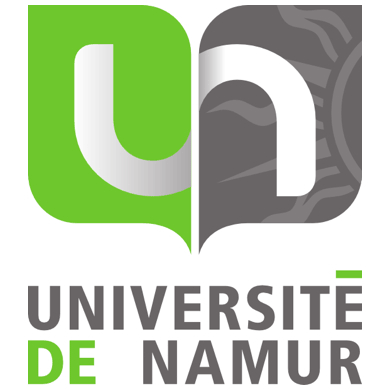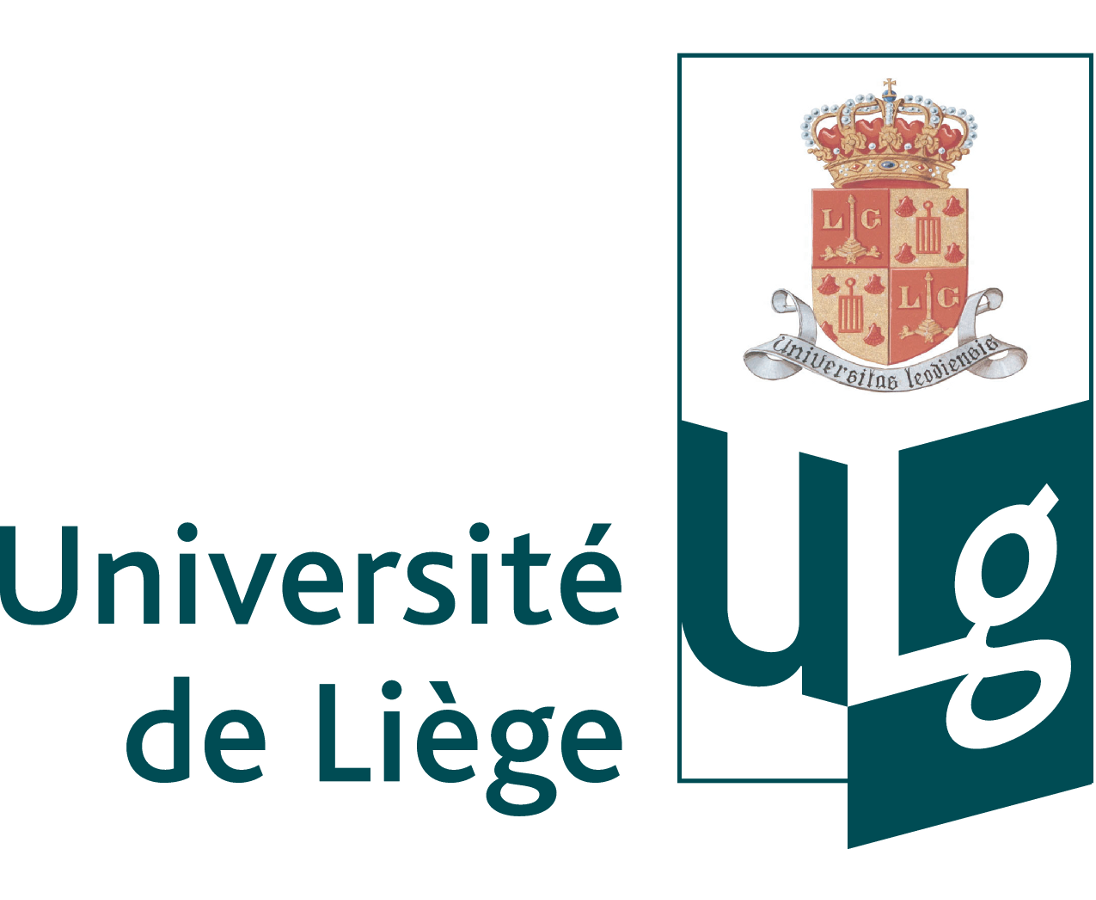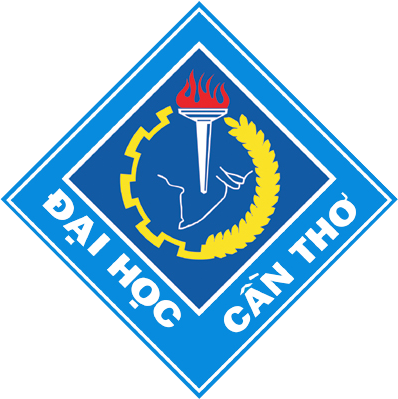Result 3: Recommendations based on economic and technical feasibility analysis are developed on how to use the extracts or how to develop their use.
Activity R3-A1: Identification of options based on farm survey on available research results and conclusions
PR: CTU-CAF
PI: CTU-CNS, UNamur-URBE, ULG-DDA, UCL-LDRI
Timing: Month 31-54
Description: Modification of current farming technologies requires evidence of success as well as the selection of optimal options. A field survey at farm scale for the two selected fish species (snakehead and striped catfish) will be conducted using structured questionnaire. At least 30 farms for each selected species will be chosen for the study. The study will focus on the in-depth analysis of technical and cost aspects of the current use of drugs and chemicals for controlling disease and water environment and their alternative options. A risk in using inorganic drugs and chemical and a trend in using organic drugs and chemicals in catfish and snakehead farming will be highlighted in the results of the survey. In addition, a synthesis of published data will also be done for both technical and economic aspects of the farming of selected species. Identified options for the alternative use of extracts from the synthesis information will be developed for further testing at realistic scales. There are two economic experts with experience in aquaculture sector and master students will be responsible for this activity.
Activity R3-A2: Feasibility studies of the options
PR: CTU-CAF
PI: CTU-CNS, UNamur-URBE, ULG-DDA, UCL-LDRI
Timing: Month 31-54
Description: The feasibility of the selected options for the alternative use of extracts will be conducted at realistic farming scales (R1-A7). For catfish, there are two steps of feasibility study including (i) first step will be conducted in small scale (for example in hapa installed in ponds); and (ii) the second step will be in realistic farm scale. For the snakehead, the study will be directly done in commercial production scale (either in hapa and/or tank culture). Both study (for catfish and snakehead) will use “researcher managed approach” that project technicians will be responsible for all research activities. Information on technical (such as growth, survival, animal health, diseases, water quality,…) and economic aspects (cost and benefit) of the options (plan extracts) will be carefully monitored/measured for the analysis of success, practice and mass application. In addition, a comparison of the achieved results with the current practices (via the field survey), both under technical and economic aspects, will be analysed in order to drawn-up the conclusions of the newly developed technology. Cost associated with farm scale test will be jointly contributed by the project and the farmers.
Activity R3-A3: Development of recommendations organized per stakeholder/target group
PR: CTU-CAF
PI: CTU-CNS, UNamur-URBE, ULG-DDA, UCL-LDRI
Timing: Month 37-60
Description: Recommendations drawn-up from the results of the project (including plant sources and extract methods and farm testing scales, especially activities R3-A1 and A2) will be introduced to various stakeholders (fish farmers, feed producers/companies, drug/chemical/additive producers,…) through seminars, workshops, reading materials (leaflets, booklets,..). In addition, the project staff (technicians) will provide farmers with guidance based on the “farmer managed approach”. Recordkeeping of technical and economic of farm operation under the supervision of project technicians will be used for tracking data and analysis. The feedback from the stakeholders and data analysis will be used to finalize as well as to further complete the recommendations in the best application manners. The recommendations will be further developed for each stakeholders/target group in order to multiply widely the results of the projects.




